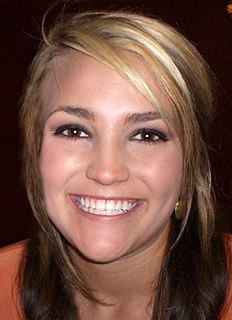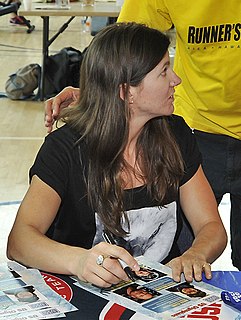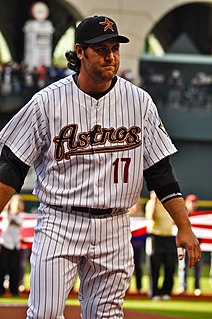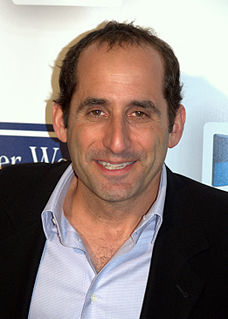A Quote by Julianne Malveaux
If people don't know about you, that's not on them, it's on you.
Related Quotes
People are always talking about the first church. The real first church was that gaggle of people who followed Jesus around. We don't know anything about them. But he apparently didn't ask them what creed they subscribed to, or what their sexual preference was, or any of that. He fed them. He healed them. He forgave them. He is clear about sin, but he was also for forgiveness.
What I know is the characters in a Southern town. I know the cadence of the language and the voice of Atlanta because I've lived here for so long. And I know the neighborhoods, and I hopefully know the people, and I feel a connection to them. And I also feel like I'm honoring them when I talk about them.
People are starting to think about let's let a lot of people come in from Syria, even though we know nothing about them, who they are, et cetera, et cetera. But they do have cellphones. And they do have ISIS flags on some of those cellphones. And you say, what are we doing? I don't know if you know but a lot of the cellphones had the ISIS flag on them. And we let them into our country.
If there ever is a need or if anyone's hurting, I'm the person they come to because they know what they're going to get. They know I'll pray for them. They know I'll encourage them. It's amazing that I get to be there for people. I'm sure I'll hear later on how God was working in it all, but for me, it's really about loving people well.
The key to dealing with people in general is that they have to know that you care about them. You have to deal with people in gentleness. You have to come along side of them. You can't push them. You can't pull them. You have to walk with them. In order to do that, you've got to demonstrate care for that individual. That's my whole thing
I think it's understandable that when questions are raised, people maybe are thinking about them and wondering about them, but I have every confidence that during the course of this campaign, people are going to know who will fight for them, who will be there when they need them, and that's the kind of person I am and that's what I will do, not only in a campaign but as president.
I just really care about what people see. I want them to know that I'm working hard for this. The artists that I look up to like, you know, Michael, Prince, James Brown. You watch them and you understand that they're paying attention to the details of their art. And they care so much about what they're wearing, about how they're moving, about how they're making the audience feel. They're not phoning it in. They're going up there to murder anybody that performs after them or performs before them. That's what I've watched my whole life and admired.
If you do an episode about something like transverse myelitis, it's a real disease that's out there, there are a lot of people that have it, and it's hard to get funding for them because people don't know about it. There are actually a lot of doctors that don't know about it. But if you do an episode of House, all of a sudden 15 million people are hearing the words, and it's an opportunity.





































